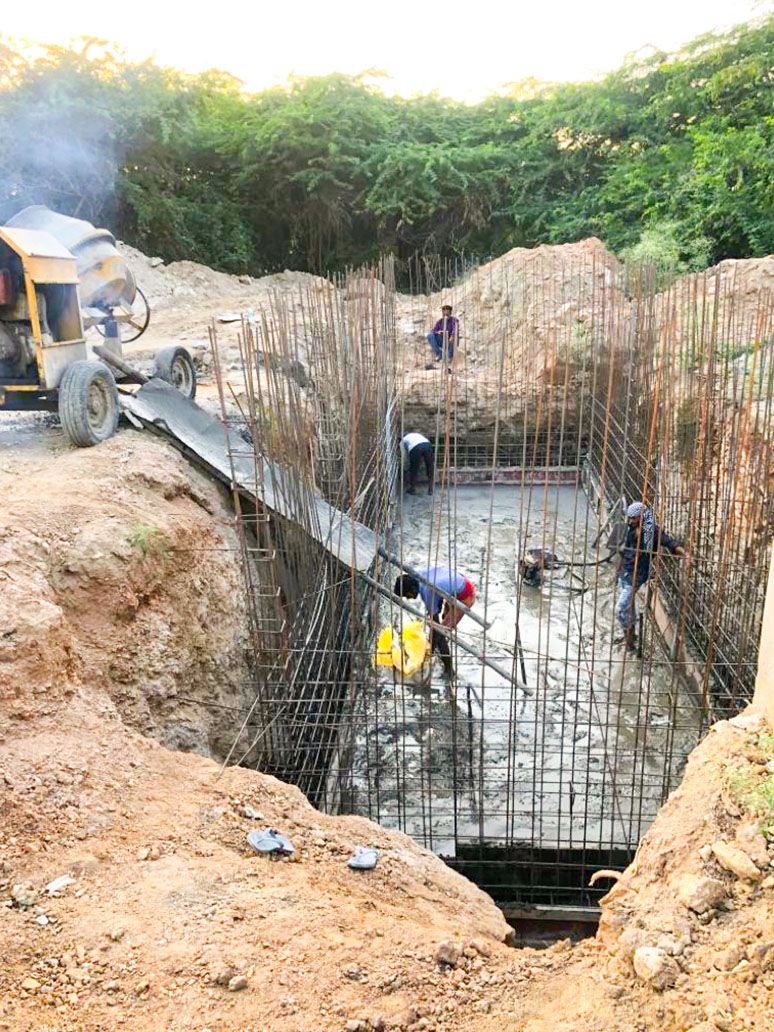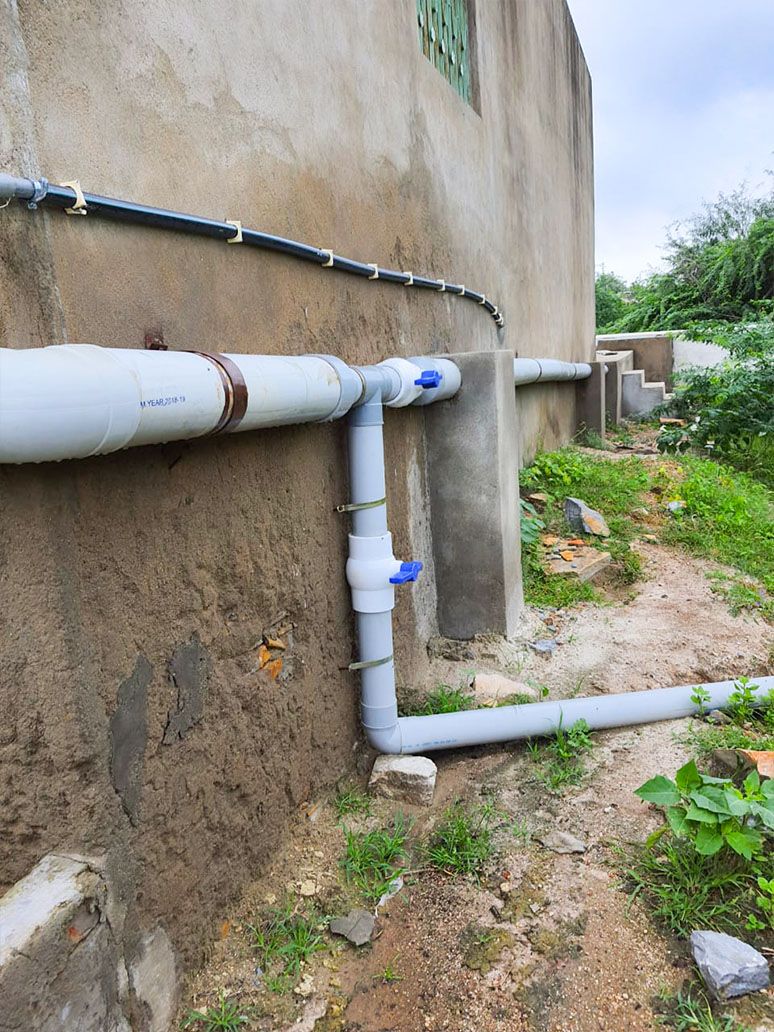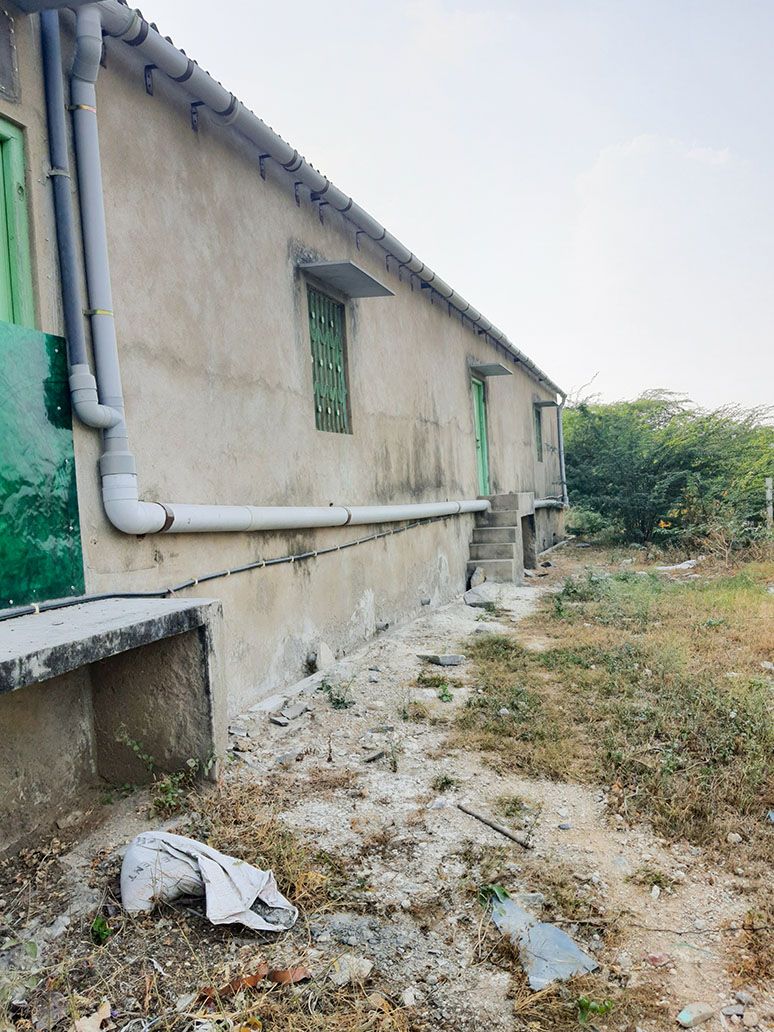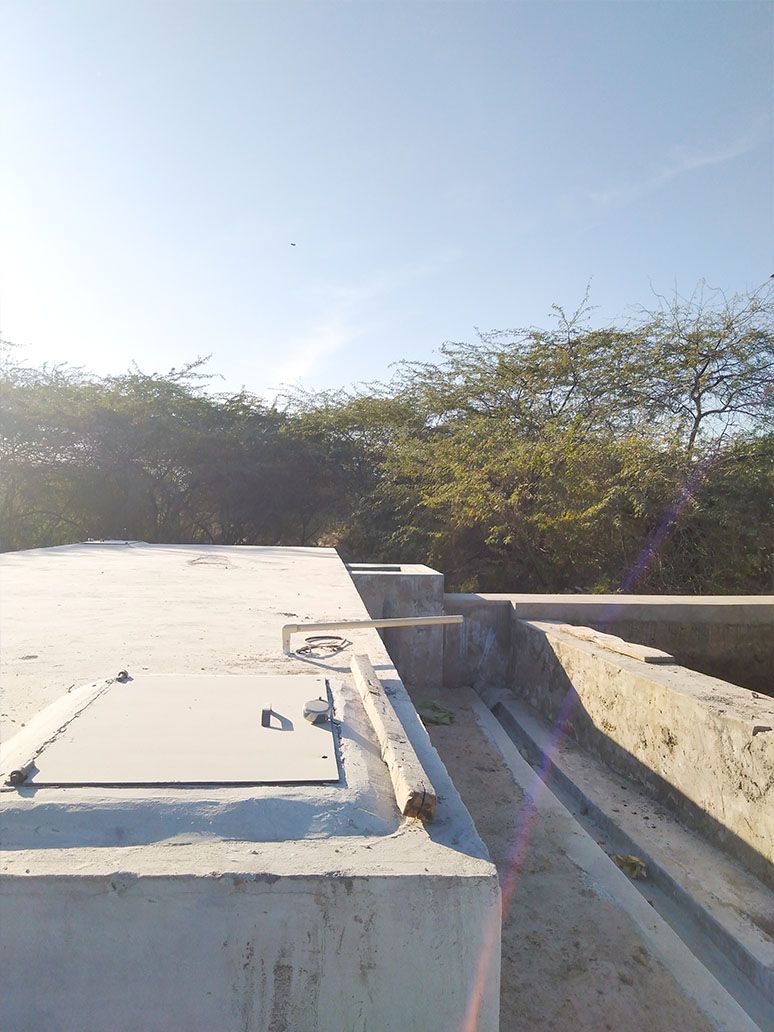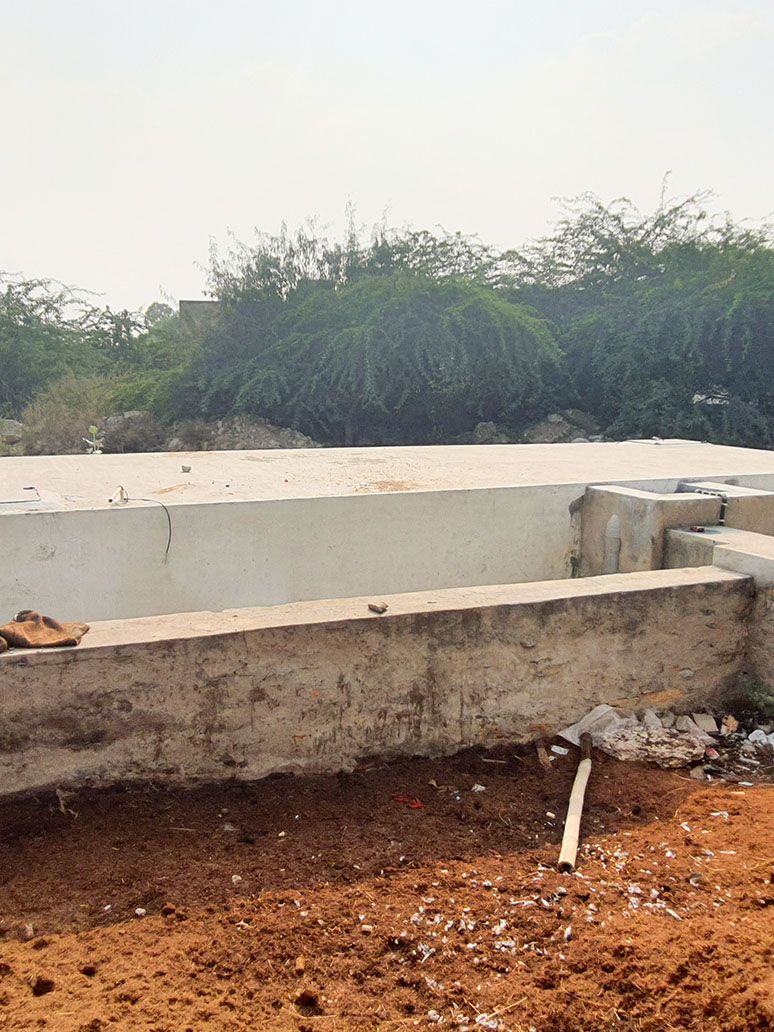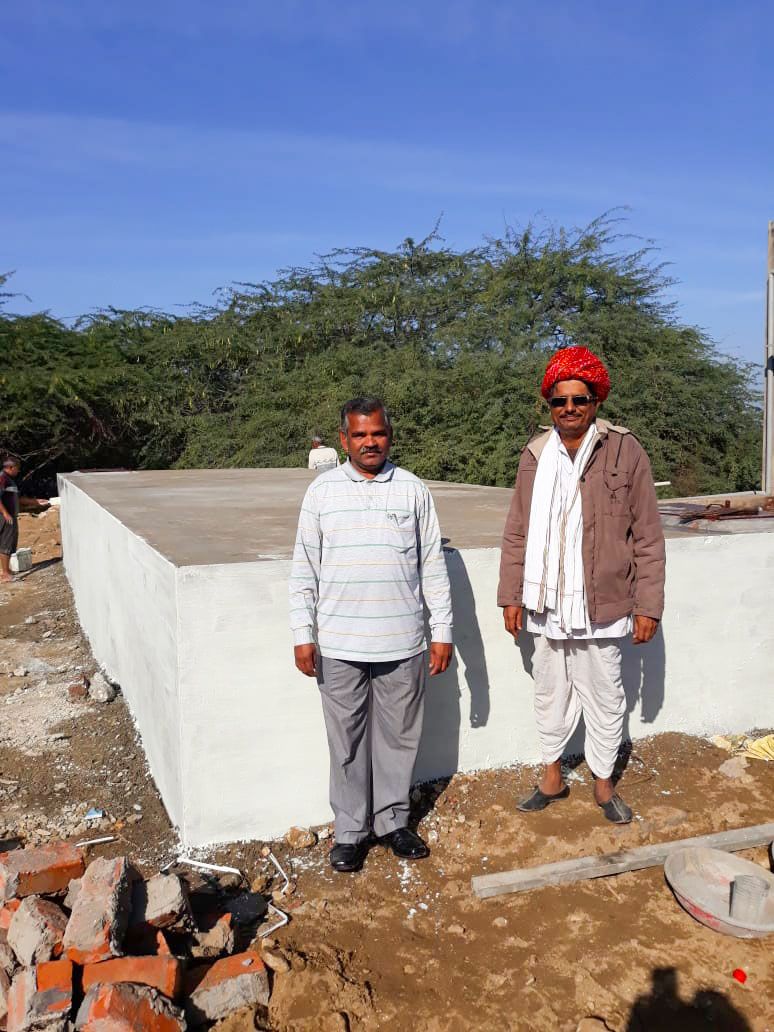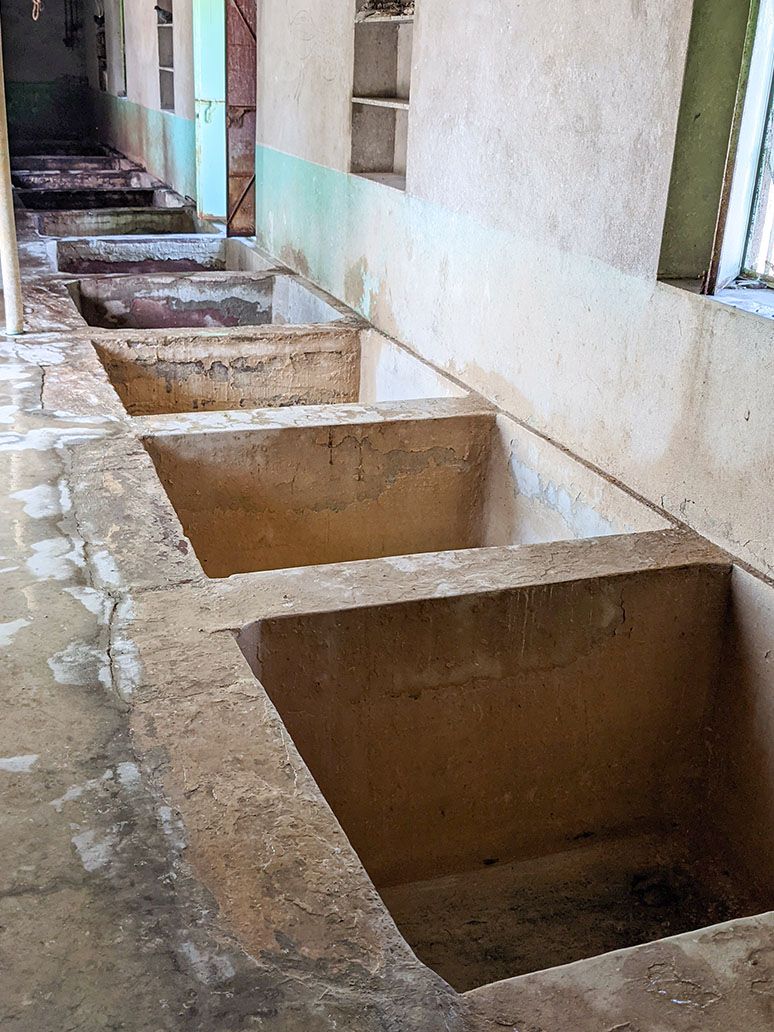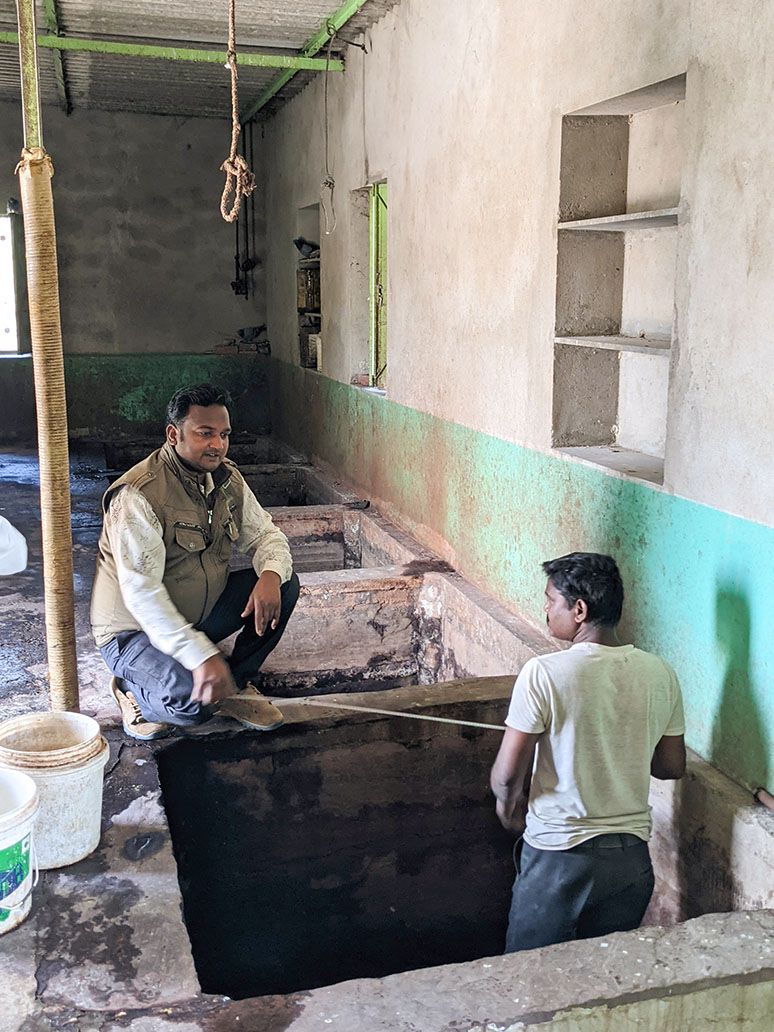Green Initiative
From the raw material stage to the final product, the crafting process is unique to the Jawaja cluster and has contributed significantly to keeping the traditional values and practices alive. It is a fine example of sustainability, seen nowhere else in India! Advocating conscious consumerism, our leather products ethically source hides of animals that have died of natural causes. Traditional vegetable tanning methods are then used to treat the hides. Vegetable bag tanning is nearly a month-long process and uses babool or Acacia bark that lends a deep, natural tone to the leather. Jawaja cluster is one of the only remaining clusters that use this method. At every step, our highly skilled artisans ensure that quality and standards are strictly maintained. Further, steps like pattern making, sewing, and stitching, are all executed with impeccable handwork and virtuosity, giving shape to timeless and durable products.
Taking our love for the environment a step further, we have been working on a green model for water conservation to address excessive water use in the process of vegetable tanning. As part of AIACA’s green initiative, a rainwater harvesting system has been put in place that stores up to 1 lakh liters of water. This environmentally sustainable model saves additional expenses of purchasing water in a water- scarce region and makes the craft more cost-effective.
In addition, we are also developing safe water disposal and effluent treatment mechanism as part of AIACA’s green initiative. The mechanism is expected to reduce further the adverse effects of leather processing activities on the environment.


